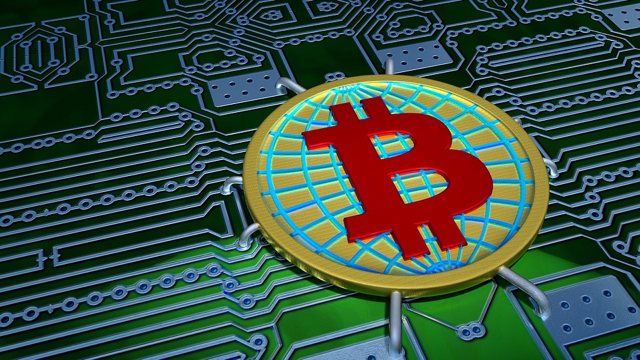Wall Street Adopts Blockchain Technology to Record Trades
January 19, 2017
The Depository Trust and Clearing Corporation (DTCC), the “back end” for much of Wall Street trading, is replacing a central database with Bitcoin-inspired software. The New York-based DTCC records and reports almost every stock, bond and valuable derivative trade in the U.S. IBM, already experienced in blockchain technology, is leading the DTCC software transition, which is slated to be functioning by early 2018. The shift marks Wall Street’s most serious effort thus far to adopt Bitcoin’s underlying technology.
The New York Times quotes DTCC chief executive Michael C. Bodson that, “this is a real tangible step into what could be a very different future for Wall Street.”
Wall Street’s interest in blockchain is because “it allows information to be recorded in real time without the bottleneck that central authorities generally introduce” and that decentralization “also makes it harder for attackers, or hackers, to take control of the network.” Rather than actually use Bitcoin’s blockchain, the DTCC will use a distributed ledger, which is similar to blockchain but only open to invited participants.
Bodson notes that the distributed ledger will provide “one version of the truth that everyone shares and everyone utilizes.” The new software will replace the Trade Information Warehouse that records all the credit default swap trades, “essentially bets on the success of bonds,” which “played a major role in the 2008 financial crisis.”
In 2016, the DTCC “oversaw about $11 trillion in credit default swaps trading … or 80 percent of all trades in the global market.” The distributed ledger, if it proves successful, could be used to move money in the future, says Bodson. Startup Axoni and consulting firm R3 will join IBM in the project.
Bloomberg reports that China is the venue for high-speed bitcoin trading. Although Chinese banks were banned from trading bitcoin in 2013, “zero transaction costs on Chinese venues that host most of the world’s turnover, round-the-clock trading” make it a popular spot, along with “co-location services allowing participants to place their servers right next to those of the exchange.”
Founder of China’s “largest platform for facilitating automated bitcoin strategies” Chen Zhenguo says he is making “annualized gains of 50 percent for his own account,” but wouldn’t provide details to verify the claim. The risks are cyberattacks and extreme price swings, which have “deterred some high-speed firms,” as well as “growing concern over a regulatory crackdown in China.”
Bitcoin’s current market value is “about $13.5 billion, versus $6.5 trillion for Chinese equities,” and most Chinese automated traders are “focused on cross-exchange arbitrage,” according to Arthur Hayes, who runs BitMEX in Hong Kong. Because transactions are super-fast — multiple times per second — speculators often rely on “technical patterns to guide their buying and selling decisions.” Currently, says OKCoin, one of China’s three biggest bitcoin exchanges, “60 percent of its transactions are executed by automated traders.” Huobi and BTC China “put the figure at around 80 percent.”


No Comments Yet
You can be the first to comment!
Sorry, comments for this entry are closed at this time.